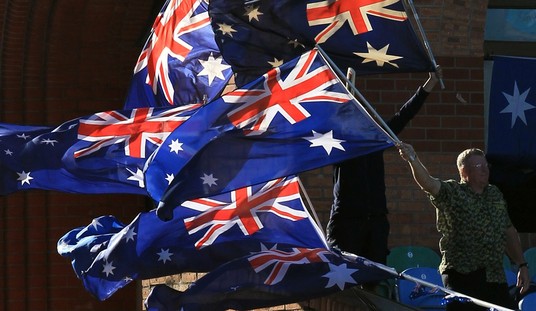The most effective speeches in political history are rarely orations. Truly great speeches do not communicate ideas to an audience so much gather and punctuate sentences that are already half-formed in everyone’s thoughts. A truly great orator does not manufacture a moment. He is part of it and consequently knows when to step aside and give voice to the event itself. Then the speech becomes part of the action rather than a substitute for the actions themselves. Really powerful speeches are astonishingly obvious, brief to the point of curtness and remarkably, entirely devoid of the word “I”.
Edward Everett, who had served as Secretary of State, U.S. Senator, U.S. Representative, Governor of Massachusetts, president of Harvard University, and Vice Presidential candidate was the main speaker at Gettysburg. His speech, which took over an hour to deliver, can be found here. It is erudite, full of soaring phrases and classical allusions and almost no one remembers it. Abraham Lincoln’s much shorter address, on the other hand, is known verbatim to millions. It is plain and contains no fancy words. Most remarkably yet, it does not contain a single instance of the first person singular. Not once in his most famous address does Abraham Lincoln say, “I”.
It was not a fluke. As if to re-emphasize the rhetorical lesson, Winston Churchill would duplicate the feat in the next century. He would deliver an even shorter speech than Lincoln’s on VE Day. On that occasion a huge crowd had gathered in central London to hear him formally announce complete and unconditional victory over Nazi Germany. This is what he said:
God bless you all! This is your victory! It is the victory of the cause of freedom in every land. In all our long history we have never seen a greater day than this. Everyone, man or woman, has done their best. Everyone has tried. Neither the long years, nor the dangers, nor the fierce attacks of the enemy, have in any way weakened the independent resolve of the British nation. God bless you all!
Like the Gettysburg address, those were all the words there were. No classical allusions. No soaring phrases. Just plain unadorned words. And yet like Lincoln’s speech nearly fourscore years before, it was surpassingly effective because Churchill could muster something more than any mere famous orator could marshal. He could sound the chords of memory. He could summon up shared experience. He could achieve what only truly great captains of history can occasionally accomplish: to reach out and touch the people he led and become for a moment indivisible with them and synonymous with the event. Winston knew his part in the play and that was what imparted drama to his lines. Years later Clement Atlee called Winston “”the last of the great orators who can touch the heights.” But Churchill even at 80 corrected him. He replied:
“I have never accepted what many people have kindly said – namely, that I inspired the nation. Their will was resolute and remorseless, and as it proved unconquerable. It was the nation and the race dwelling all round the globe that had the lion’s heart. I had the luck to be called upon to give the roar.”
In a time when conventional political wisdom holds that image and substance are interchangeable, it is interesting to remember an era when the public knew which was the lion, and which was the roar.
[youtube -Wb1ViP3QMY]









Join the conversation as a VIP Member